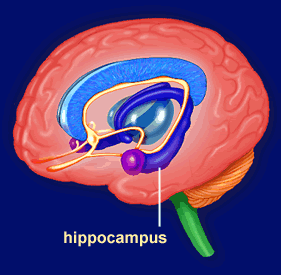 A recent study funded by the National Institutes of Health and the Templeton Foundation suggests that mainline Protestants have larger brains than those with other religious affiliations. Yonat Shimron’s article summarizes the findings:
A recent study funded by the National Institutes of Health and the Templeton Foundation suggests that mainline Protestants have larger brains than those with other religious affiliations. Yonat Shimron’s article summarizes the findings:
It found an association between participants’ professed religious affiliation and the physical structure of their brain. Specifically, those identified as Protestant who did not have a religious conversion or born-again experience — more common among their evangelical brethren — had a bigger hippocampus.
So What?
The research found a correlation between the size of the hippocampus, an area of the brain that helps regulate emotion and memory, and religious affiliation. It offers limited speculative suggestions about the reason for the variance. We simply don’t know how religion can serve as one positive contributor to having or retaining larger sized hippocampuses.
- If a larger research study showed that a given religious affiliation was correlated with a desirable health status, how might this impact your view of that group?
- Could you imagine people “shopping for a religion” based primarily on its possible health benefits?